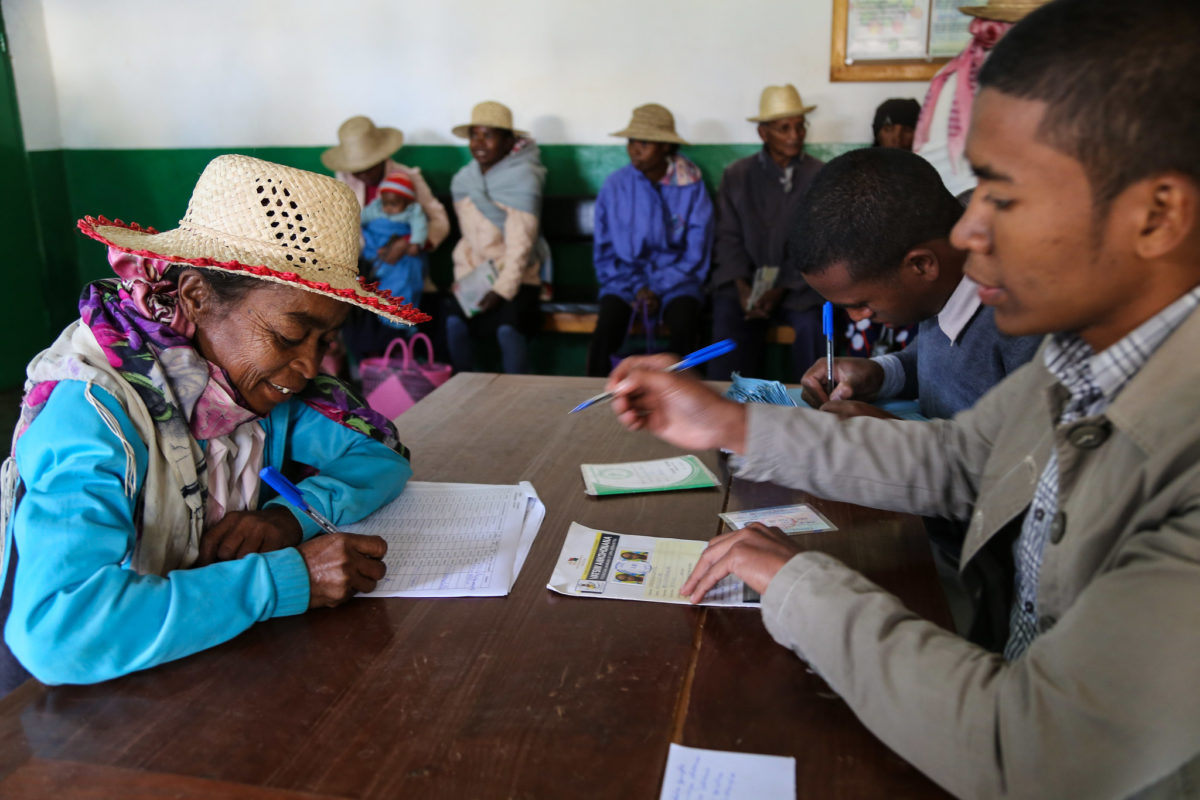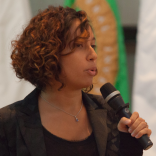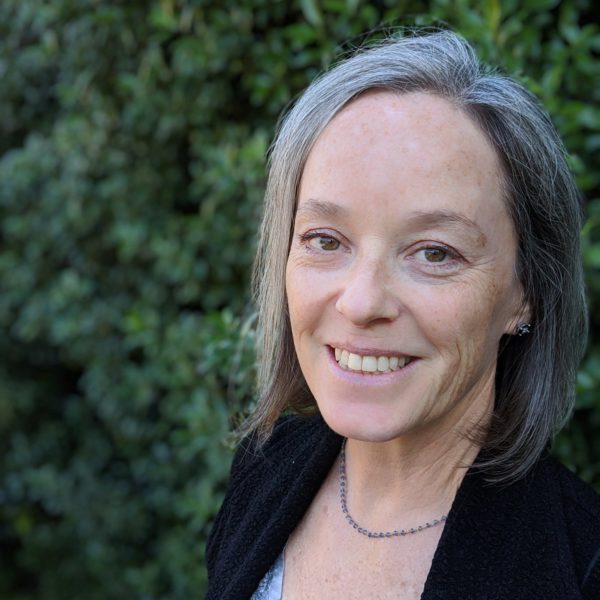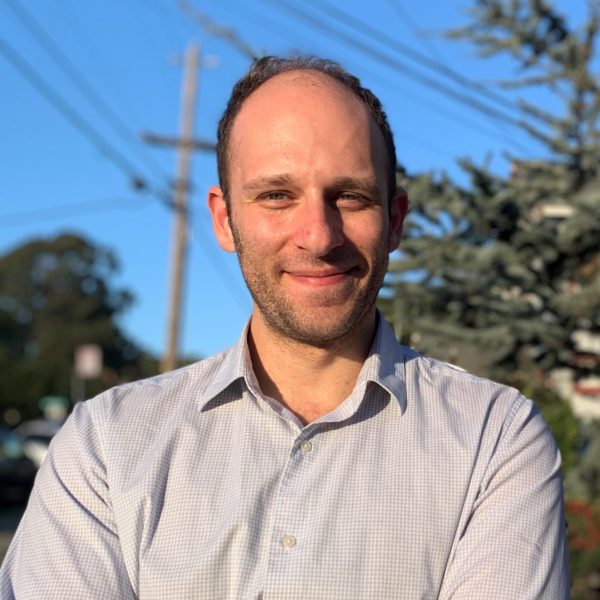Cost-ober 2021: The Role of High-Quality Cost Evidence in Impact Evaluation Research (Past Event)

Photo: Mohammad Al-Arief/The World Bank. Cash Transfer in the town of Betafo
CEGA’s second annual “Cost-ober” series featured two webinars and a virtual workshop on cost analysis and its important role in impact evaluation research. The event was hosted by CEGA’s Cost Transparency Initiative and associated Costing Community of Practice (CCoP). Please see below for details on the Cost-ober panels and workshop, and contact Sam Fishman at sfishman@berkeley.edu with any questions.
Day 1: Wednesday, October 27th
Panel 1: Cash Benchmarking in Programmatic Evaluation
8:00 AM – 9:15 AM Pacific Time
“Cash benchmarking” is a method by which researchers directly compare the effectiveness of a traditional aid program (e.g. a youth livelihoods training program) with cash grants of equivalent value. The approach, if done well and in the proper context, can be a useful policy tool for guiding the allocation of scarce resources. Panelists Paul Niehaus (CEGA, UCSD), Florence Kondylis (World Bank DIME), Craig McIntosh (CEGA, UCSD), and Joe Amick (USAID) discussed how, in practical terms, decision-makers can apply the results of cash benchmarking studies in choices about program design, implementation, and scale.
Panel 2: Portfolio Level Costs and Benefits
9:15 AM – 10:30 AM Pacific Time
How can we credibly measure the costs and benefits of social programs at the portfolio level? This panel showcased recent efforts by donors and NGOs to measure the costs and benefits of portfolios of innovations, exploring why considering program costs in addition to benefits is so important, and discussing the tradeoffs of different approaches. Panelists Ravi Gurumurthy (Nesta, formerly IRC), Milan Thomas (Asian Development Bank), and Nzinga Broussard (Global Innovation Fund) shared their experience and answered audience questions.
Day 2: Wednesday, November 10th
Workshop: Scale, context, and cost: generating testable hypotheses using a real-world cost-efficiency data set
9:00 AM – 10:15 AM Pacific Time
Organized by J-PAL, CEGA, and the International Rescue Committee (IRC)
What can (and can’t) cost estimates from different projects tell us about the costs of future programming? This workshop explored how context and scale impact program cost estimates using real-world data and examples from the International Rescue Committee’s education portfolio. Workshop participants joined in a hands-on exercise to explore the data and generate testable hypotheses, asking, for example, whether digital delivery platforms are more cost-effective than non-digital approaches; or whether the cost efficiency of a program will increase or decrease as a program is brought to scale? This interactive session was co-organized and led by CEGA, J-PAL and the International Rescue Committee (IRC).









